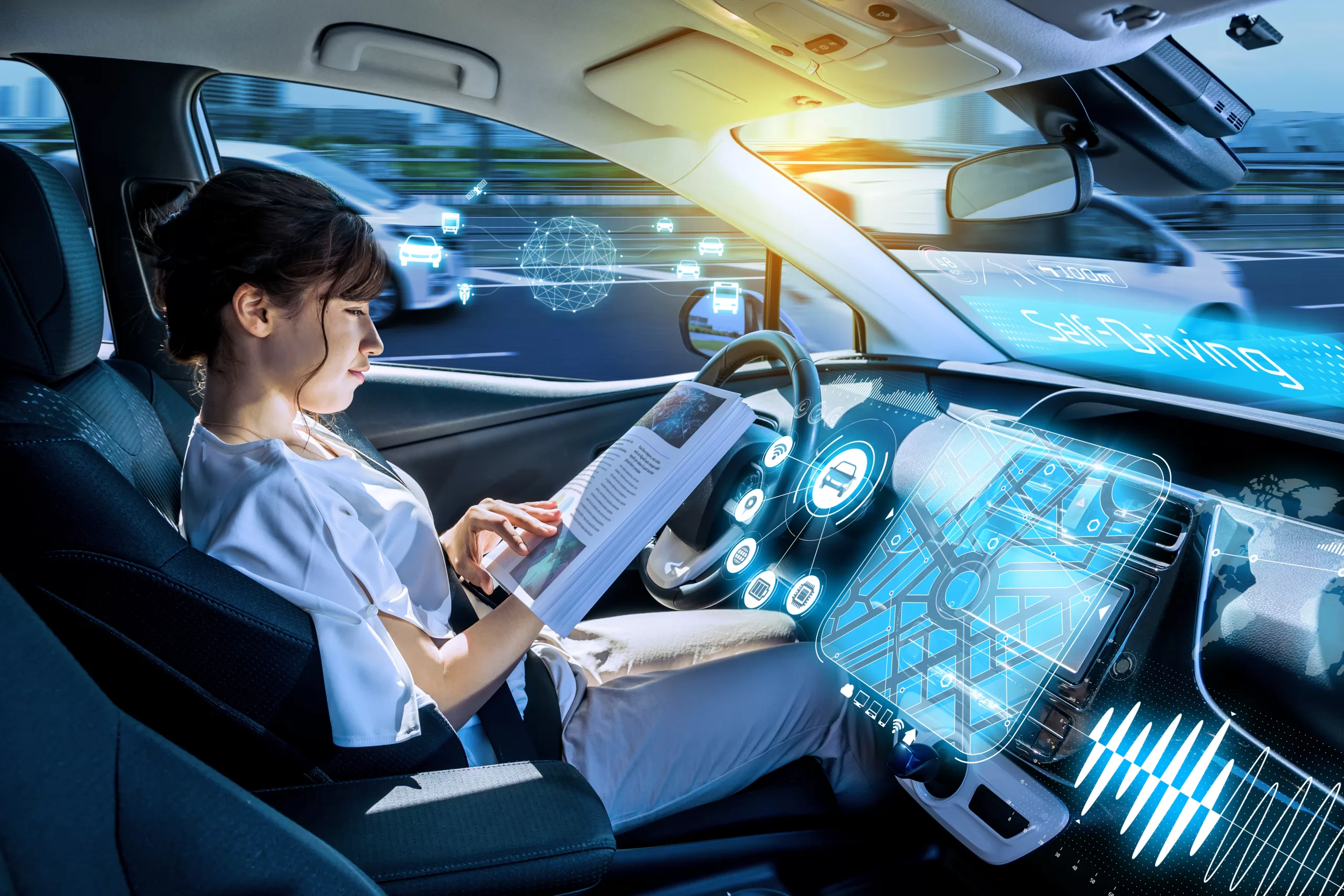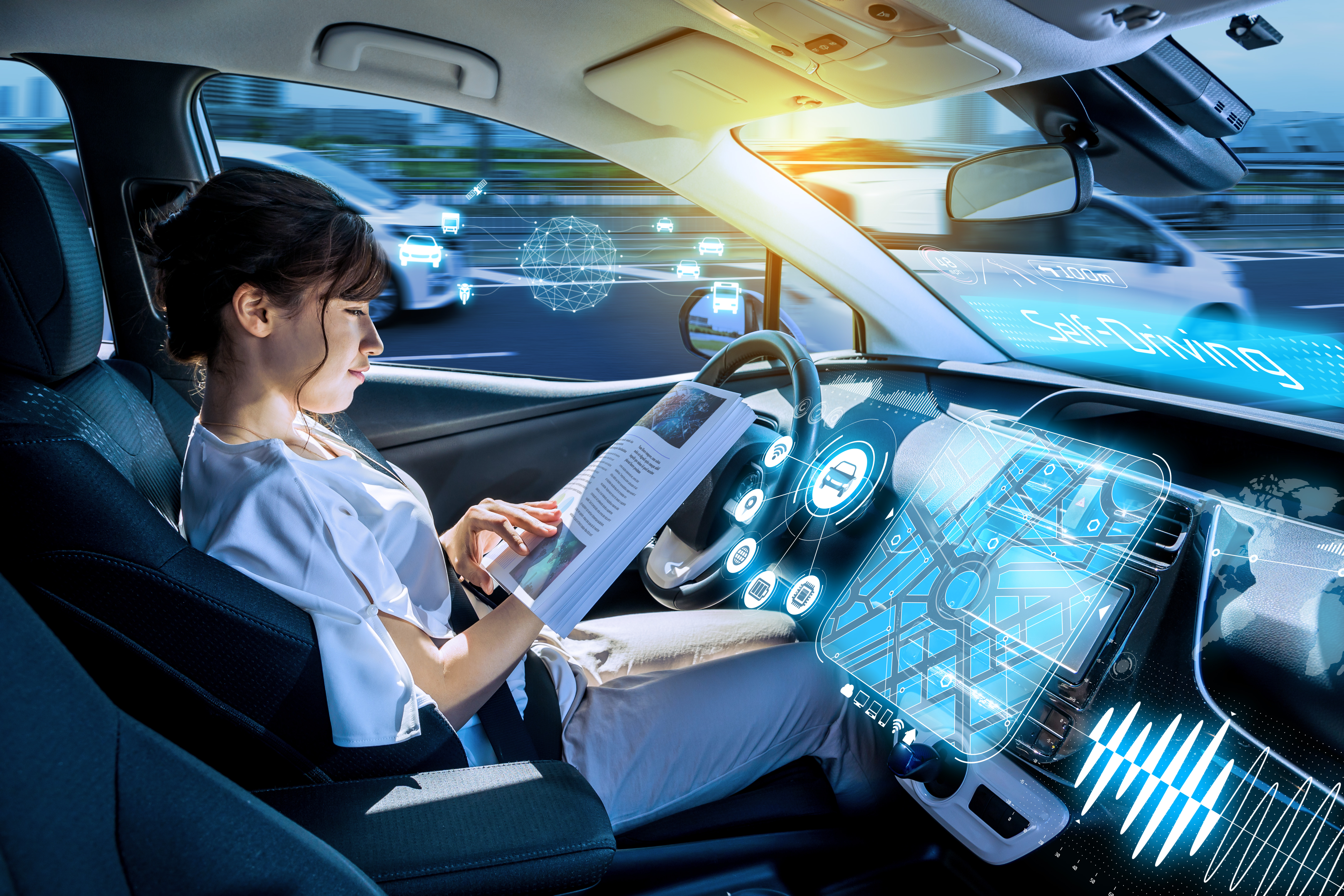MPs gave the Automated Vehicles Bill an unopposed third reading and it is on the verge of becoming law.
The Bill, which has previously been supported by the House of Lords, aims to set the legal framework for the safe deployment of self-driving vehicles.
Transport Secretary Mark Harper has previously said autonomous cars enabling drivers not to concentrate on the road will be used in the UK from 2026.
Speaking in the Commons on Wednesday, Mr Harper said: “This legislation is part of our strategy to make sure that Britain is at the forefront of this exciting new technology, to make sure that we can create well paid, secure jobs in this country and lead this industry.
“But also to make sure that we have safer roads, with technology that will contribute to an improvement in road safety and continue Britain’s leadership in that position.”
Shadow transport minister Bill Esterson said he could “wholeheartedly agree” with Mr Harper about the “desirability” of the Bill, including the potential to improve road safety and economic opportunities.
A series of Government amendments to tweak parts of the Bill were made in the Commons, meaning peers are expected to give it another look before it clears Parliament.
It was first announced in November that self-driving cars would be given the green light to operate on British streets under new laws.
Ministers said they want to unlock a transport revolution to help create 38,000 skilled jobs and a market worth up to £42 billion for the UK economy by 2035.
The driverless motors will help make the roads safer as 88 per cent of accidents involve human error, the government said.
The move could mean buses and grocery deliveries will be operating autonomously by the middle of the next decade.
Brits will be able to get to work and school more easily which will hope to boost productivity.
Laws will be updated to ensure self-driving benefits can be fulfilled.
It will make sure that the only the driver, being the vehicle or person, is accountable.
But users of self-driving cars will also escape prosecution over fatal crashes under bombshell plans.
Companies who produce the automatic vehicles will instead face criminal prosecution in the worst cases of safety failures.
Self-driving vehicles in the UK

SELF-DRIVING vehicles are on the verge of becoming reality in the UK as plans to replace combustion engines with electric-powered motors advance.
Automated Lane Keeping System (ALKS) Regulation was endorsed by the government in 2020 to allow cars to take over control from the driver.
ALKS would allow drivers to take their hands off the wheel, check phones and watch films.
The ALKS technology controls the position and speed of a car in a single lane but only up to speeds of 37mph (60km/h).
They will not be able to change lanes but can slow down automatically.
This means each vehicle is fitted with a GPS unit, an internal navigation system and sensors including a laser rangefinder, radar, and video.
Sensor data allows them to create a 3D image of their environment.
The majority of self-driving cars have “deliberate architecture” installed – meaning they are capable of making intelligent decisions, even working out the best route to their destination.
Following the latest consultation in the House of Commons, the Automated Vehicles Bill is now on the verge of becoming law.
Transport Secretary Mark Harper has previously said autonomous cars enabling drivers not to concentrate on the road will be used in the UK from 2026.
Hooper also said the technology has “a huge number of potential uses” including boosting road safety and making it easier for disabled people to travel independently.



